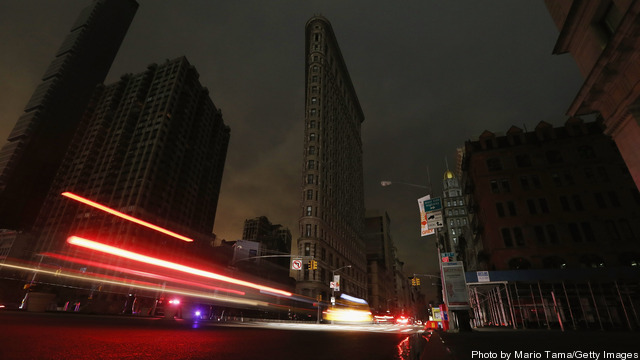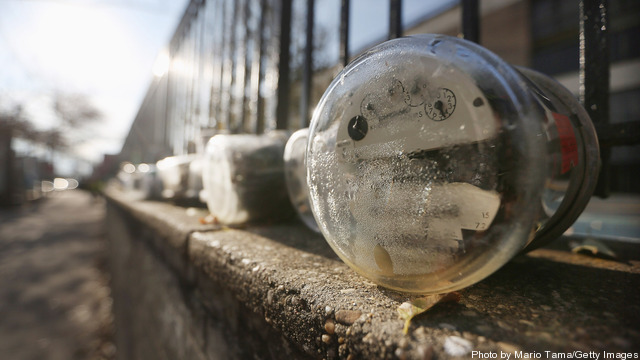
One of the biggest ignored threats to the power sector – and to electricity delivery to homes and businesses across much of the country’s most populated regions – is from a lack of natural gas pipeline capacity. A former federal regulator is warning that this issue, arcane at first glance, could prompt market failure and a crisis of reliability for some generators.
The free market is a funny thing; it works only over time and often in socially unpopular ways. The energy market in the US has been regulated, de-regulated and re-regulated over its history, but all market participants are operating in the context of rules set up to balance policy priorities and operating realities. Keep reading →








 German Chancellor Angela Merkel speaks during debates at the Bundestag over the 2013 federal budget on November 21, 2012 in Berlin, Germany.
German Chancellor Angela Merkel speaks during debates at the Bundestag over the 2013 federal budget on November 21, 2012 in Berlin, Germany.